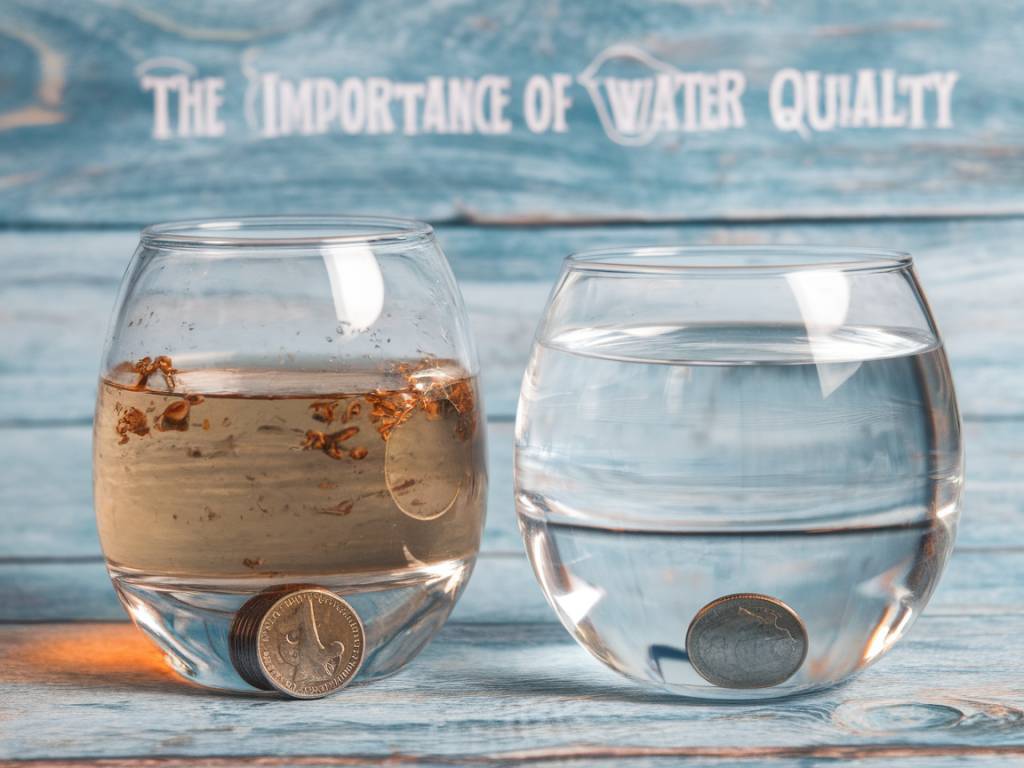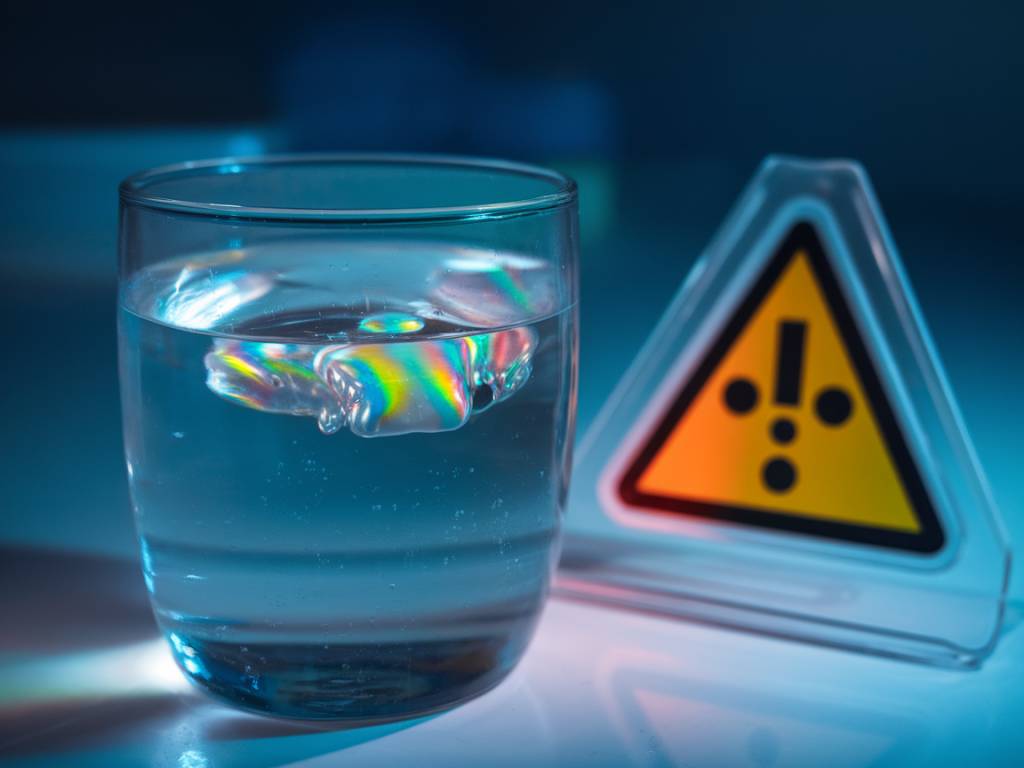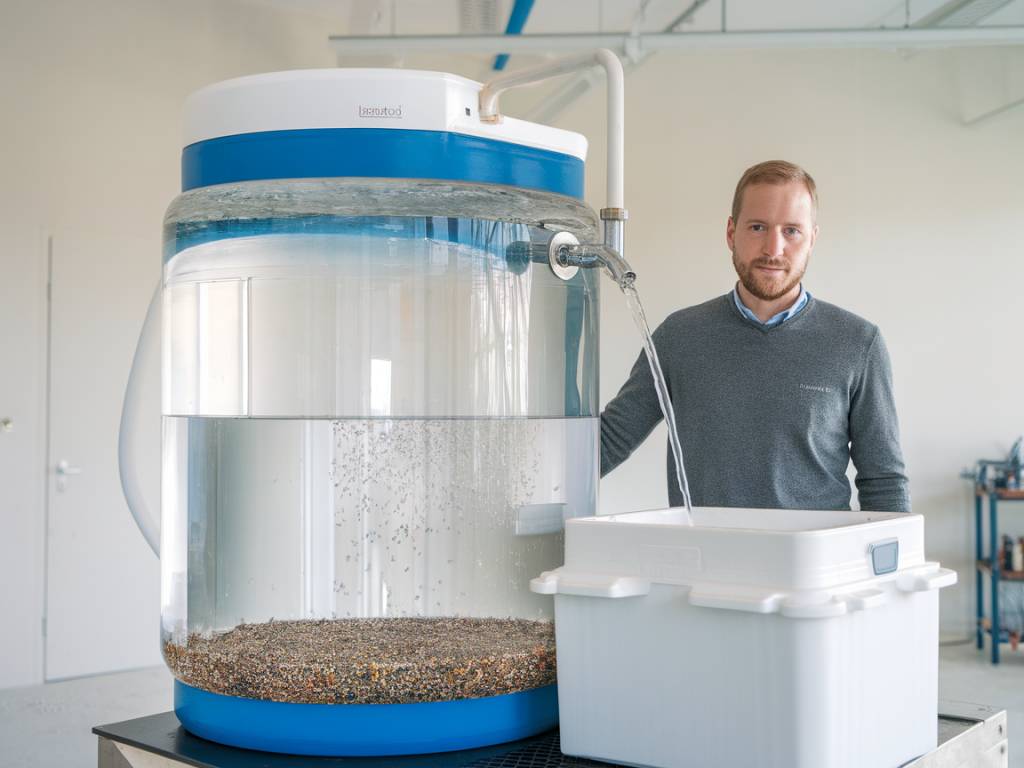Why Water Quality Matters More Than You Think
Water is a fundamental part of our daily lives. We drink it, cook with it, bathe in it, and use it for countless household tasks. But have you ever stopped to consider the quality of the water flowing through your home? Poor water quality isn’t just about bad taste or an unpleasant odor—it can have serious consequences for both your health and your home.
How Water Quality Affects Your Health
Every cell in your body depends on water to function properly. When your water contains contaminants, these unwanted substances can find their way into your system, potentially leading to health issues.
Harmful Contaminants in Drinking Water
Tap water can contain a variety of impurities, including:
- Heavy metals like lead and mercury, which can cause neurological and developmental issues.
- Bacteria and viruses such as E. coli and Giardia, leading to digestive problems and infections.
- Chlorine and chloramine, which, while used for disinfection, can produce harmful by-products.
- Pesticides and industrial chemicals that have been linked to long-term health concerns.
Even if your water looks and smells fine, it may still contain contaminants that could impact your health over time. That’s why understanding and improving your water quality is so important.
The Impact of Water Quality on Your Home
Beyond personal health, the water running through your pipes influences the longevity and efficiency of household appliances and plumbing systems.
Hard Water vs. Soft Water
If you’ve noticed white spots on your glasses after washing them or felt like your skin is dry after a shower, you may have hard water. Hard water is high in minerals like calcium and magnesium, which can:
- Cause buildup in pipes, reducing water flow and efficiency.
- Shorten the lifespan of water-using appliances such as dishwashers and washing machines.
- Make soaps and detergents less effective, leading to more residue on clothes and dishes.
A water softener can help combat these issues by removing excess minerals, improving the performance of plumbing and appliances, and even making your hair and skin feel smoother.
Water Stains and Corrosion
Iron and manganese in water can cause unsightly rust-colored stains on sinks, tubs, and even laundry. Meanwhile, acidic water can corrode pipes, leading to leaks and costly repairs. Investing in the right filtration or treatment system can save you money on home maintenance in the long run.
Simple Ways to Improve Your Water Quality
Thankfully, there are many ways to ensure that the water you and your family use every day is safe and high quality.
Test Your Water
Before making any changes, it’s essential to understand what’s in your water. You can purchase an at-home test kit or hire a professional to analyze your water supply. This will help you determine which filtration or purification method is best suited for your home.
Use a Water Filtration System
Depending on the contaminants in your water, you might benefit from one or more of the following filtration options:
- Carbon filters for removing chlorine, bad taste, and odors.
- Reverse osmosis systems for filtering out heavy metals, chemicals, and bacteria.
- Water softeners to reduce hardness and improve appliance efficiency.
Choosing the right system depends on your specific water concerns, and it’s worth consulting with an expert before making a decision.
Protect Your Plumbing
If you live in an area with highly acidic or hard water, consider protective measures like pipe coatings or whole-house water treatment systems. This will not only improve water quality but also extend the life of your plumbing.
Final Thoughts
Water quality isn’t just about clear, clean-looking water—it’s about protecting your health and home from potential hazards. By staying informed, testing your water, and investing in filtration systems, you can ensure that you and your family have access to safe, high-quality water every day. And let’s be honest—who doesn’t want their drinking water to taste crisp and refreshing?


